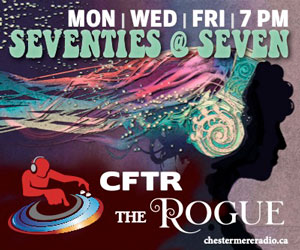I stumbled across an article the other day about a 73-year-old woman that set a Powerlifting record with a clean deadlift of 181.5 pounds. My first thought was wow: this grandma can deadlift more than me! After suffering from illness she set a goal to get fit and did just that.
Goal setting is important in many areas of life from your career, to finances and even fitness. Setting goals helps you choose where you want to go in life. By knowing what you want to achieve, you know where you have to concentrate your efforts; and also spot distractions that can lead you awry.
By setting clear goals, you define what ‘good’ looks like. You can measure and take pride in the achievement of those goals. You will also raise your self-confidence, as you recognize your own ability and competence in achieving the goals that you’ve set.
Start with small, realistic and manageable goals rather than trying to do too much, too soon and getting discouraged. With this strategy you’ll start to see results from your efforts and commitment to yourself in no time.
Many people struggle setting small goals when starting a new fitness plan. Unrealistic goals will result in failure and unfortunately this is where most people get discouraged. Great intentions are not enough.
Some goals take a while longer to achieve. Patience is important as these goals are so worth it! List a few goals you would like to achieve by the next month. Continue to stick to all the great changes you have already made.
Long term goals (6 months from now, 1 year and 5 years) should also be considered. People who write down their long term goals are more successful in achieving them than those who don’t.
I have many clients who are looking to run. Whether it be a 5km, 10km, half or full marathon the thought process on goal setting is similar. It is not realistic to expect to meet your end goal in a week or a month. This is where starting small and being realistic is important. A realistic goal would be to get out and run two to three times a week for a couple of weeks.
You may consider using length as a midpoint goal. Sticking with your goals to run a few times a week will help you increase distance from a couple of blocks to 1km or 10km. Before you know it you will find it easier to extend how far you run each week.
A long term running goal could include finally completing that 5km or marathon that you may have considered in the first place. Long term planning could also include speeding up the run to meet time goals.
While you may have no intentions of setting any records or competing in any type of competition, recognize the importance of setting goals for fitness. Take some time and think about what you want for fitness. What would you like to achieve for yourself, your body and your health? With that in mind, define what your goals are for the next couple of weeks, next few months and a year from now. Start small and celebrate the small successes while you work towards meeting all your fitness goals.
What is Your Goal?
In response to Canada's Online News Act and Meta (Facebook and Instagram) removing access to Canada's local news from their platforms, Anchor Media Inc encourages you to get your news directly from your trusted source by bookmarking this site and downloading the Rogue Radio App. Send your news tips, story ideas, pictures, and videos to info@anchormedia.ca.







